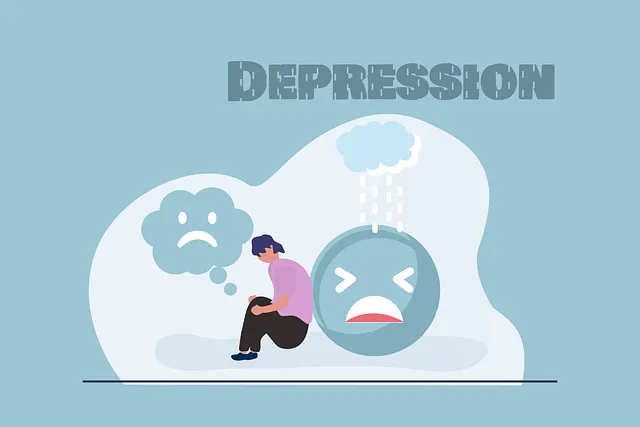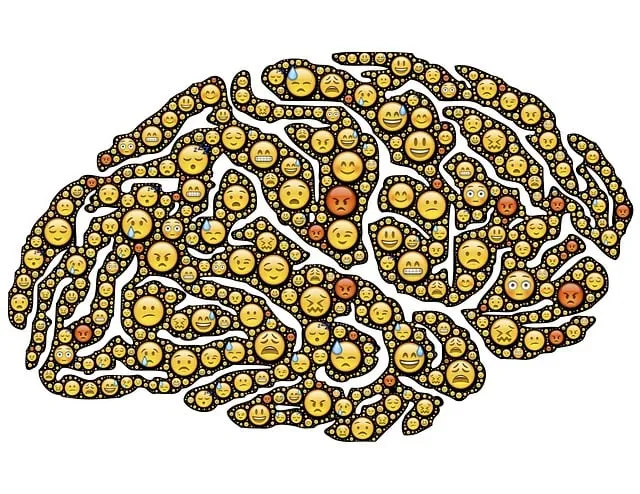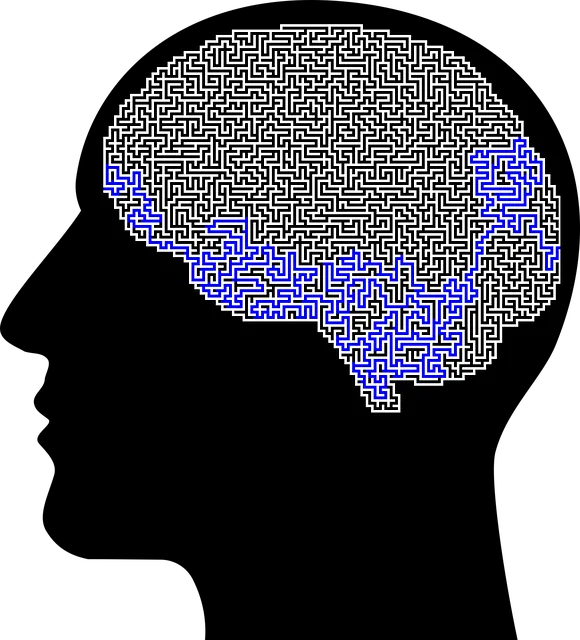The Kaiser Permanente mental health facility in Centennial prioritizes personalized self-assessment tools for holistic patient care. By combining clinical expertise with user-centric design, they create tailored mental wellness assessments, encouraging reflection and emotional well-being. Through structured journaling exercises and empathy-building strategies, the facility promotes individual insights, progress tracking, and effective coping mechanisms. This multi-faceted approach ensures evidence-based interventions aligned with each patient's unique needs at the Kaiser Permanente mental health facility Centennial.
Mental wellness self-assessment tools play a pivotal role in personalized healthcare, especially within structured settings like the Kaiser Permanente mental health facility Centennial. This article delves into the development of tailored self-assessment tools, addressing the unique needs of this population. We explore key considerations and best practices for designing effective tools that can accurately capture mental health status. Furthermore, we discuss implementation and evaluation strategies to enhance mental health outcomes through self-assessment at KP Centennial.
- Understanding the Need for Customized Self-Assessment Tools at Kaiser Permanente Mental Health Facility Centennial
- Designing Effective Mental Wellness Self-Assessment Tools: Key Considerations and Best Practices
- Implementation and Evaluation Strategies for Enhancing Mental Health Through Self-Assessment at KP Centennial
Understanding the Need for Customized Self-Assessment Tools at Kaiser Permanente Mental Health Facility Centennial

At Kaiser Permanente mental health facility Centennial, there’s a growing recognition of the need for customized self-assessment tools to effectively address the unique challenges faced by its patients. The vast spectrum of mental health conditions and individual patient experiences necessitates an approach beyond one-size-fits-all assessments. Customized tools allow for a deeper understanding of each patient’s emotional regulation, coping skills development, and inner strength development—crucial aspects in their journey towards holistic recovery.
By tailoring self-assessment methods, healthcare professionals at the facility can gain more nuanced insights into patients’ mental wellness states. This enables them to create personalized treatment plans that resonate with individual needs, fostering a sense of empowerment and engagement in the healing process. Such tools are instrumental in navigating the complex landscape of mental health, ensuring that each patient receives the most effective care possible.
Designing Effective Mental Wellness Self-Assessment Tools: Key Considerations and Best Practices

Developing effective mental wellness self-assessment tools is a multifaceted process that requires careful consideration to ensure accurate evaluations and meaningful interventions. At Kaiser Permanente’s mental health facility in Centennial, for instance, tools are designed with a blend of clinical expertise and user-centered design principles. This approach prioritizes individuals’ unique experiences and needs, fostering trust and encouraging honest self-reflection.
Key considerations include integrating Emotional Well-being Promotion Techniques that support individuals in identifying their emotional states and tracking changes over time. Empathy Building Strategies are also vital to create a safe space for users, allowing them to express their feelings and concerns openly. Moreover, incorporating Mood Management features enables individuals to gain insights into factors influencing their moods and develop strategies for effective regulation. Best practices emphasize the need for clear, concise language and intuitive interfaces, ensuring accessibility and usability for a diverse range of users.
Implementation and Evaluation Strategies for Enhancing Mental Health Through Self-Assessment at KP Centennial

At Kaiser Permanente mental health facility Centennial, implementing and evaluating self-assessment tools is a multifaceted approach to enhancing patient mental wellness. One effective strategy involves integrating Mental Wellness Journaling Exercises into routine care. Patients are encouraged to reflect on their emotional state, thoughts, and behaviors through structured journaling prompts tailored to their unique experiences. This Self-Awareness Exercise not only improves insight but also serves as a tracking mechanism for progress over time.
Additionally, incorporating Empathy Building Strategies within the self-assessment process fosters a supportive environment. These strategies can include group discussions, role-playing scenarios, and collaborative problem-solving sessions. By promoting empathy both among patients and between patients and healthcare providers, KP Centennial aims to create a nurturing atmosphere that encourages open communication and strengthens coping mechanisms. This holistic evaluation approach ensures that mental health interventions are not only evidence-based but also aligned with the individual needs and experiences of each patient.
The development of customized mental wellness self-assessment tools tailored to the needs of Kaiser Permanente’s mental health facility in Centennial is a significant step towards enhancing patient care. By understanding the unique challenges and diverse populations served, we can design effective assessments that promote early intervention and improve overall mental health outcomes. Implementing these tools at KP Centennial has the potential to revolutionize care, ensuring that individuals receive personalized support and guidance, ultimately leading to improved well-being and a more resilient community.






